The Better Sleep Guide | CMI Health Blog
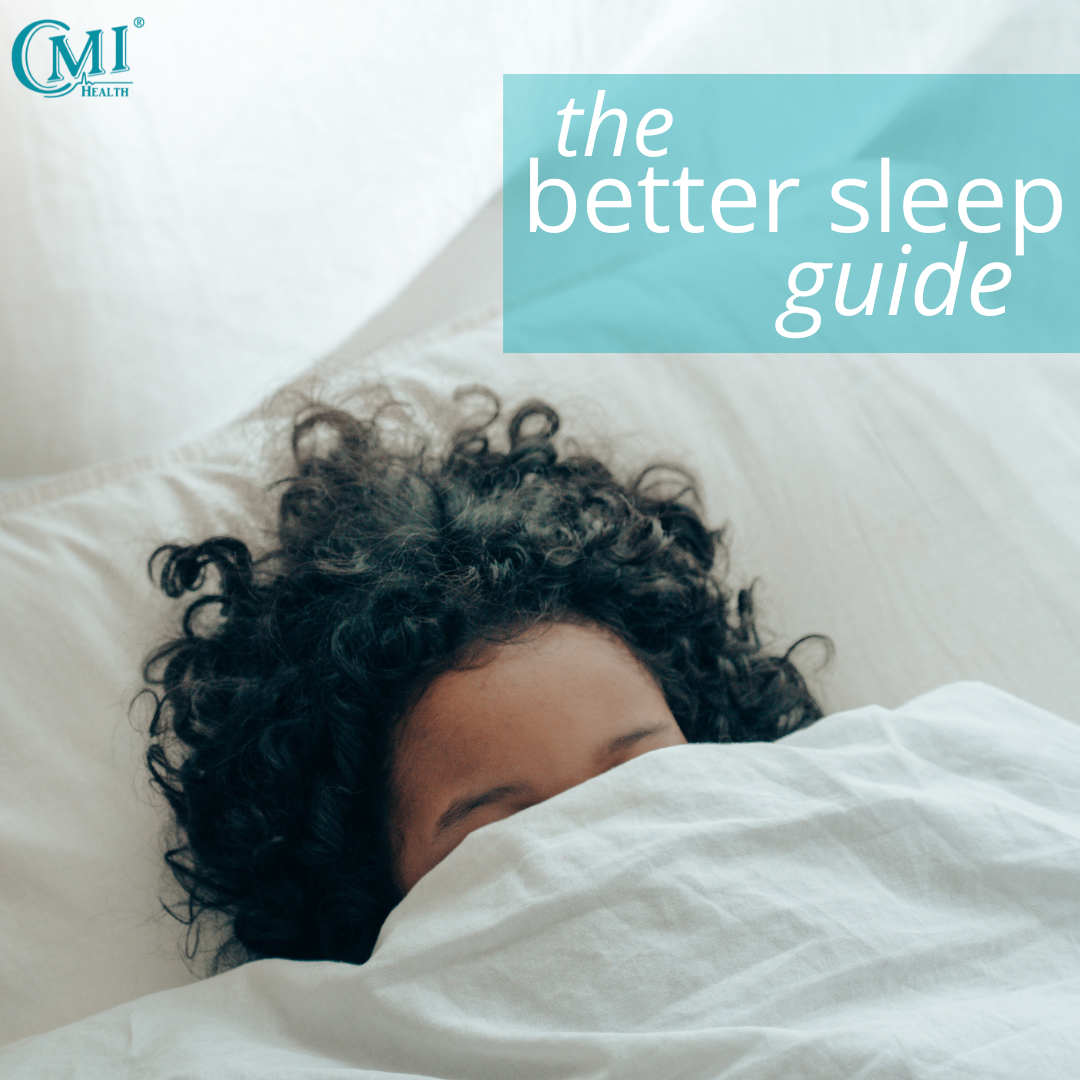
In the hustle and bustle of our modern world, it can be increasingly difficult to find the time to relax and take care of ourselves. Especially when it comes to getting good sleep. In fact, 40% of Americans get less than 7 hours of sleep on average, which is far from the recommended standard of 7 - 9 hours nightly. This is concerning, especially when you learn just how significant sleep is to our overall health. Sleep allows our bodies to repair and restore overnight, which keeps our body and mind functioning.
So why are so many adults struggling to get good sleep? Stress is the main culprit, as 49% of people with high stress lifestyles report that they’re not getting enough sleep. Unfortunately, this can trap you into a frustrating sleep-stress cycle where the more stressed you are, the less you sleep – which often just adds to your stress.
So how can I sleep better?
1. Create a sleep sanctuary
Your bedroom environment is so important to your overall sleep quality. Keeping lights off and noise out will help you fall asleep quicker and stay asleep longer. Also, research has found that we sleep better in cooler temperatures, as they signal to our body that it's time to sleep. Adjust the thermostat and opt for sheets in breathable fabrics, like linen or cotton.
Having proper mattress and pillow support are also fundamental to creating a more sleep-conducive environment. If you wake up feeling achy or notice that you’re shifting a lot at night, it may be time to invest in a new mattress (or at least a new mattress topper).
2. Unplug
Your body has its own natural internal clock that follows a 24-hour cycle, known as circadian rhythm. The reason why it’s so important to try and give your screens a break at least 1 hour before bed is because blue light disrupts your circadian rhythm. The blue light from your devices can prevent the production of melatonin, the hormone that helps you feel sleepy. According to one study, blue light can suppress the release of melatonin by over 50%
3. Be strategic about caffeine
The effects of a late afternoon coffee can last much longer than you think. Caffeine raises your heart rate and can take up to eight hours to wear off. asleep. Also, it's not just coffee; soda, tea, and even the occasional chocolate treat can pack enough caffeine to disturb your slumber.
4. Try supplements
Melatonin is a key sleep hormone that tells your brain when it’s time to relax and head to bed. One study found that taking melatonin supplements before bed helped half of the group to fall asleep faster. They even reported a 15% improvement in their sleep quality. Other supplements, including lavender and magnesium, can also help with relaxation and sleep quality.
5. Track your sleep cycle
There are a number of things that can impact how restorative your sleep is, like certain health conditions or nighttime movement. Health monitors that track key biosignals during your sleep cycle can help identify weird sleep patterns & the cause behind them, while also showing you just how efficient your sleep is.
6. Create a bedtime routine
Developing a healthy nightly routine provides a foundation for more consistent and restful sleep. Before bed, it’s good to focus on calming activities to better relax your body; things like meditation, reading, or even taking a bath can do wonders in helping you unwind before bed.
Also, it’s good to avoid intense workouts, heavy meals, or anything that raises your metabolism or heart rate in the 3 hours prior to bedtime. Exercising too close to bedtime also hinders thermoregulation and makes it harder for your body to reach its ideal temperature for sleep.
7. Consistency is key
Setting a reasonable bedtime window and sticking to it, even on weekends, can help you maintain your natural circadian rhythm and feel more rested every morning. Being consistent with the times you wake up and go to sleep every day will do wonders for your sleep quality and overall health
Good sleep matters - our mental health, physical wellbeing, and daily interactions all depend on our ability to get good rest. Making even the smallest adjustments to your sleep habits paves the way for long-term routines that enhance your overall health. It's an investment in your present and future well-being that's truly worth pursuing.
Have any questions about our products or just want to chat? Feel free to email us at info@cmihealth.com or call at 888-985-1125 (ext. 1).











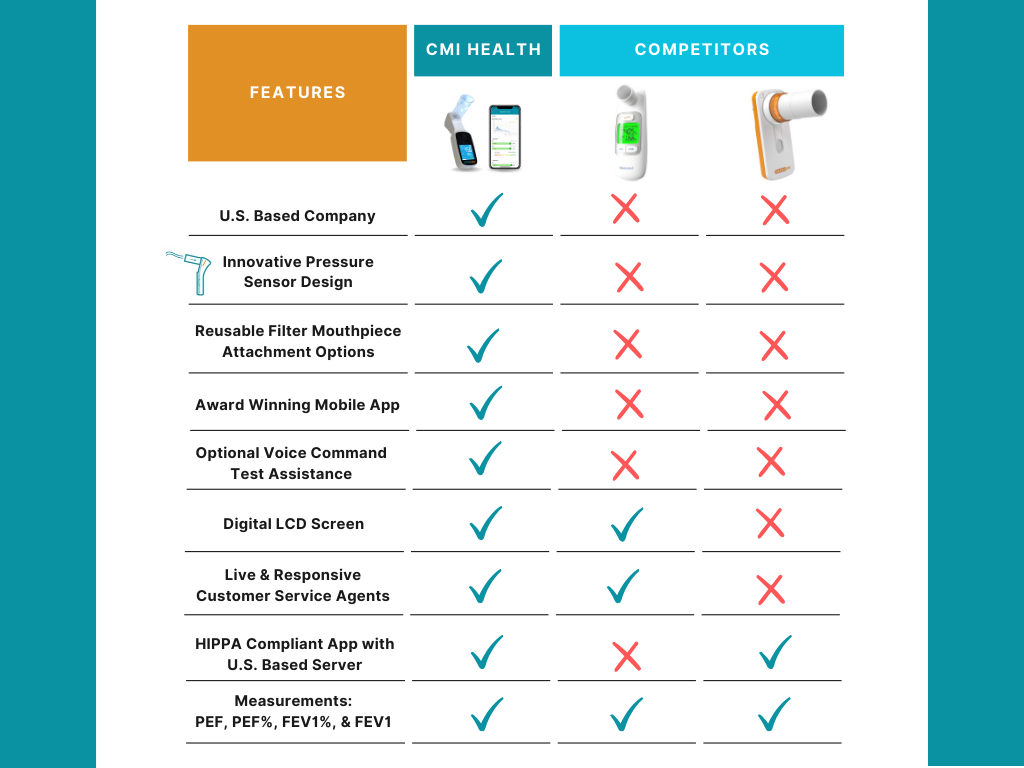


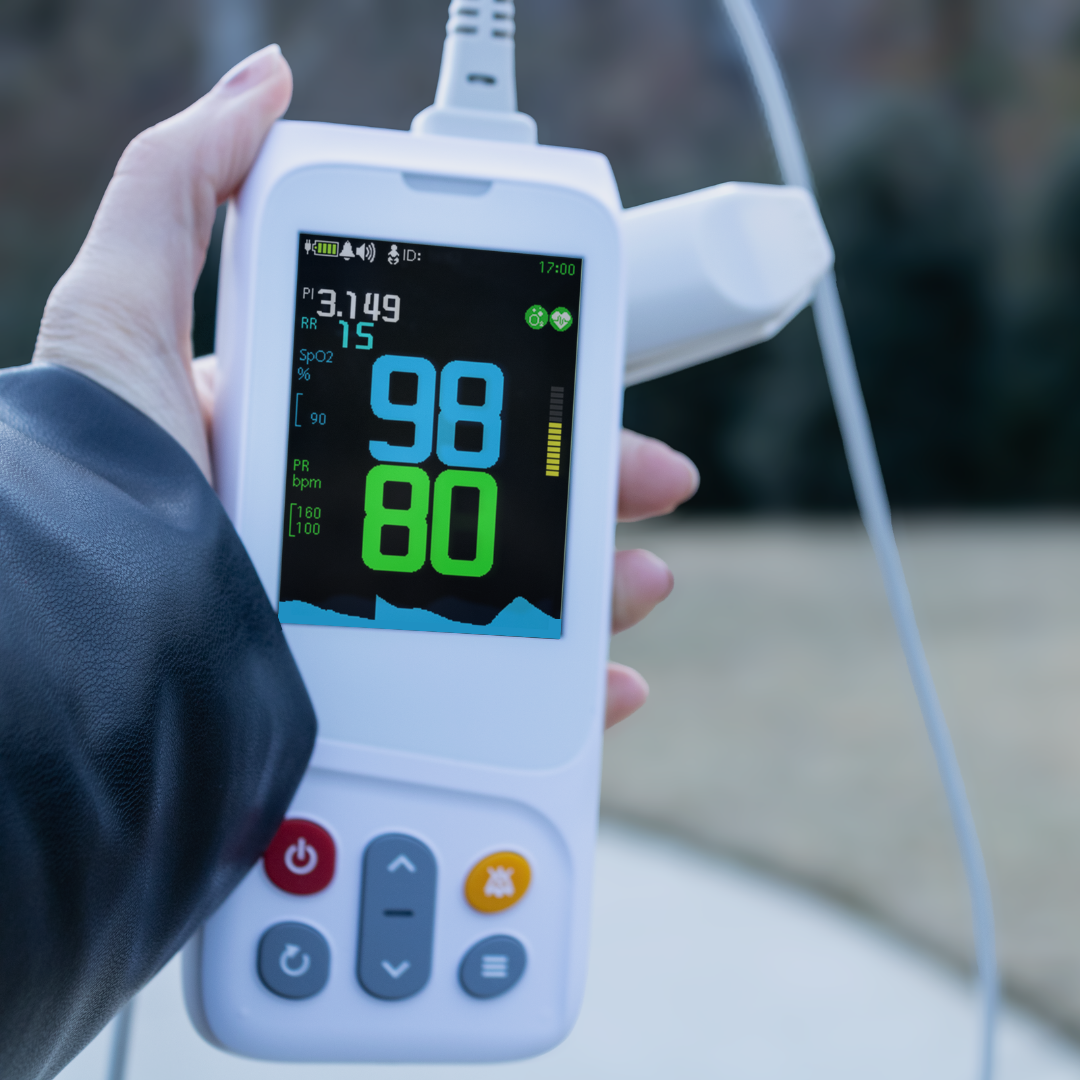


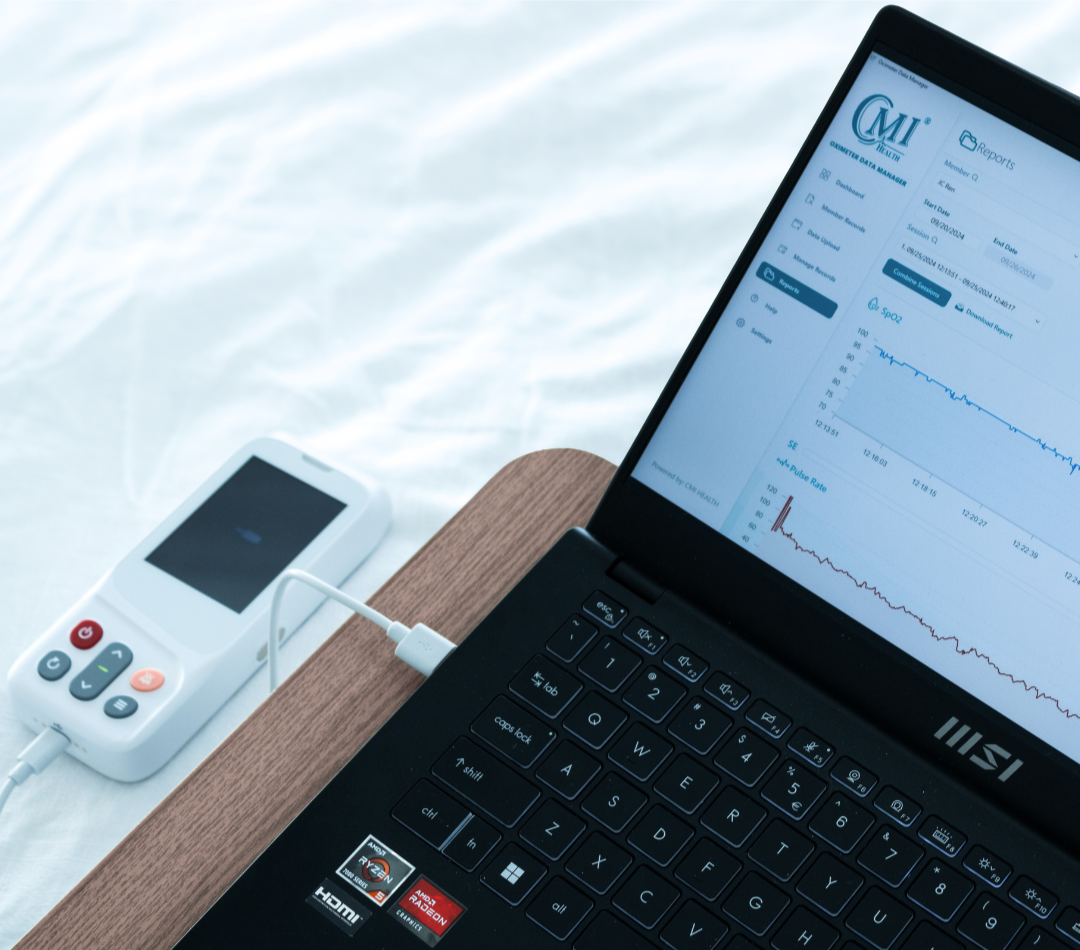










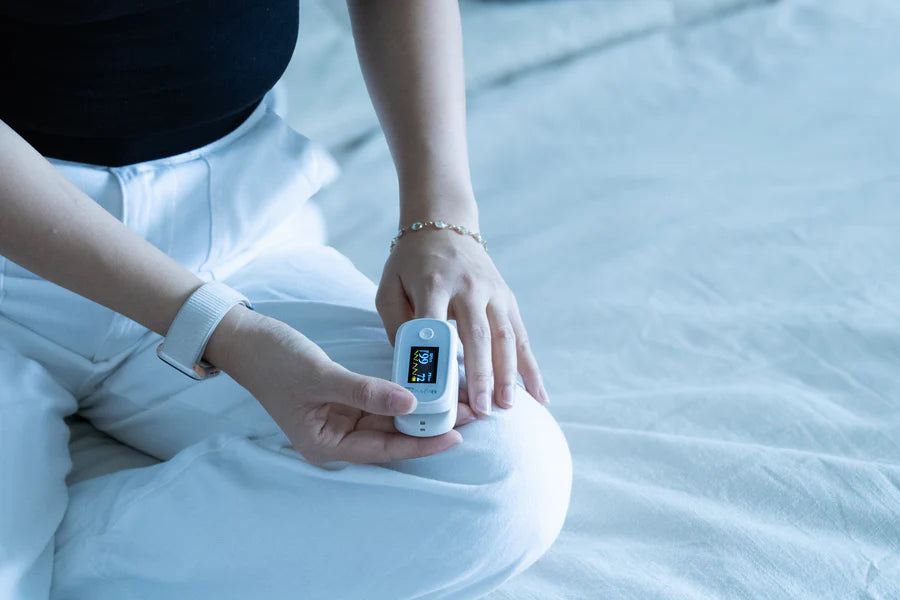






Leave a comment